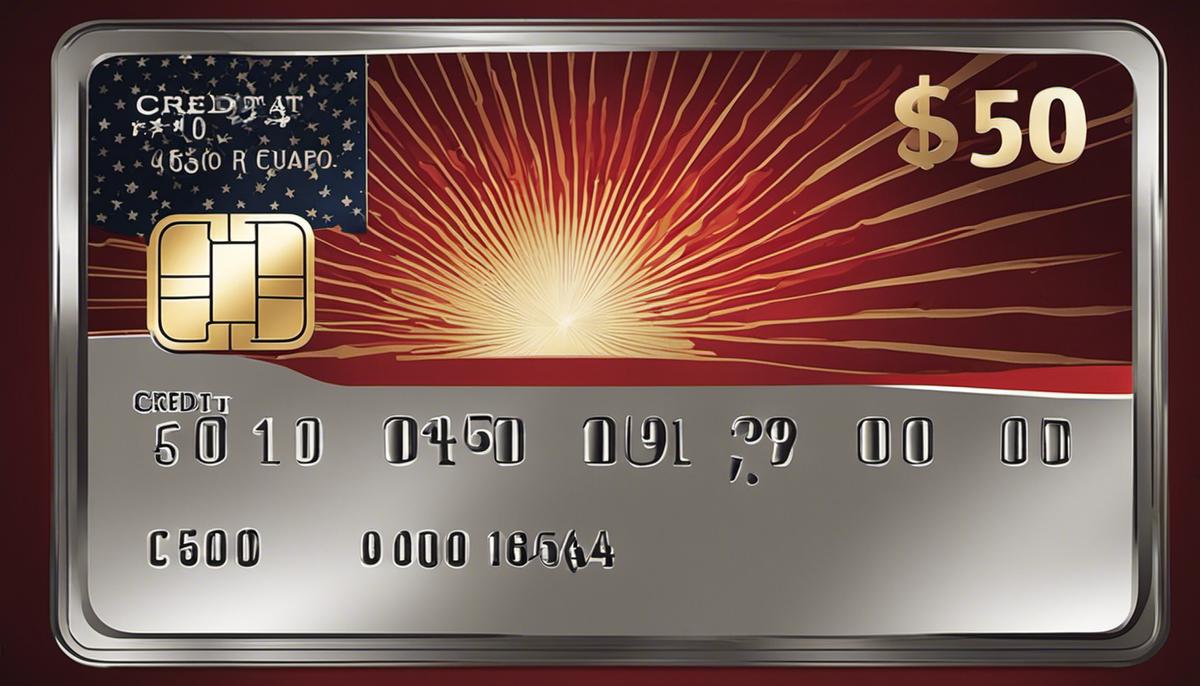Implications of Using Fake Names on Credit Cards
Considering current financial transaction, where personal information is closely guarded, the idea of putting a fake name on a credit card might seem tempting to some. But is it legal? Is it a good idea? In this article, we’ll find out the ideal of using a fictitious name on a credit card and explore the consequences that come with it, we primarily focus on substantial aspects. throwing light upon related laws, regulations pertains the risks and repercussions of this practice, covering possible financial and social outcomes; from fines and credit score effects to reputational damages and criminal penalties. Our objective is to present a comprehensive guide aiming to enlighten the reader about the severity and long-lasting impact of indulging in such deceitful actions.
Lawful Aspects of Fake Names on Credit Cards
Is it Legal to Use a Fake Name on a Credit Card?
According to U.S. federal law, specifically the Truth in Lending Act, it’s illegal to misrepresent oneself when applying for credit cards or any kind of loans. This means that using a fake name, a different Social Security number, or other false personal information on a credit card application is considered identity theft or credit fraud. Not only is it unethical, but it’s also against the law and can lead to serious penalties.
Can You Put A Fake Name On A Credit Card
The basic truth is yes, you can put a fake name on a credit card, but it is illegal and if caught will lead to imprisonment according to U.S. federal law. In most case, the card process may not go through
The Legal Implications
Undeniably, using a fake name on a credit card is a fraudulent activity with potential severe repercussions. If the fraud is uncovered, the perpetrator could find themselves facing serious punishments ranging from substantial fines to incarceration. Specifically, Federal law makes provisions for maximum sentencing of up to 30 years in prison, alongside hefty fiscal penalties. Under The United States Code Title 18 Section 1029, engaging in credit card fraud can lead to significant fines and a prison sentence of up to 10 years upon first conviction. Not only this, but one could also face civil lawsuits filed by the impacted bank or third parties financially affected by the fraudulent activities. The application of such stern legislation signifies the gravity of credit card fraud and the stringent measures undertaken to curb it.

Risks and Repercussions of Using a Fake Name on Credit Cards
Exploring the Risks Linked to Using a Fake Name on Credit Cards
There are real risks associated with adopting a fake name on a credit card, primarily the threat of being caught, which could result in severe penalties. With sophisticated identification strategies and technologies at their disposal, financial institutions and credit card companies are well-equipped to track down fraud. Once exposed, consequences can vary from monetary fines to prison sentences, contingent on the severity of the fraudulent activity. Furthermore, Federal legislation such as the Identity Fraud and Assumption Deterrence Act stipulates that if found guilty of identity theft, which encompasses using a phony name on a credit card, individuals can face up to 15 years of imprisonment.
Impact on Credit Score and Personal Reputation
Besides legal repercussions, using a fake name on a credit card has extremely damaging effects on one’s credit score. Credit scores are a reflection of one’s creditworthiness, derived from your past behavior regarding credit. Committing credit card fraud by using a fake name will lead to a significant drop in your credit score, making it difficult to secure loans or mortgages in the future. Not to mention the long-term damage to one’s personal and financial reputation. Financial fraud, such as using a fake name on a credit card, can lead to loss of trust among banks, potential employers, and even social circles, making it a risk not worth taking.
FAQs
Is it ever legal to use a fake name on a credit card?
No, using a fake name on a credit card is always illegal and constitutes identity fraud.
What happens if I’m caught using a fake name on a credit card?
If caught, you may face legal penalties, including fines and imprisonment, and damage to your credit score.
Can I protect my privacy without using a fake name on a credit card?
Yes, you can protect your privacy by practicing safe online habits and monitoring your credit card statements regularly.
Are there legal alternatives to resolve financial difficulties?
Yes, there are many legitimate financial assistance programs and credit counseling agencies that can help individuals facing financial challenges.
What should I do if I suspect someone has used my identity for a fake credit card?
If you suspect identity fraud, contact your credit card issuer and law enforcement authorities immediately to report the incident and protect yourself from further harm.
Conclusion
Scrutinizing the consequential aspects of using false identities on credit cards, we can conclude that the repercussions range from legal peril to personal downfall. Not only does it violate several laws and regulations, carrying heavy fines and potential incarceration, but it also damages one’s credit score and reputation severely. This harmful action can lead to a long-lasting negative impact, making it enormously challenging to recover financially and reputationally. Unlawful behaviour, such as the use of fake names on credit cards, plays into the larger narrative of financial fraud, promoting unhealthy and harmful practices. This analysis hopes to have emphasized the dire consequences of such actions and encourages upholding honesty and integrity in all financial dealings. Let this serve as a reminder that truthfulness not only avoids legal entanglement but also assures peace of mind and a reputation of trustworthiness.
